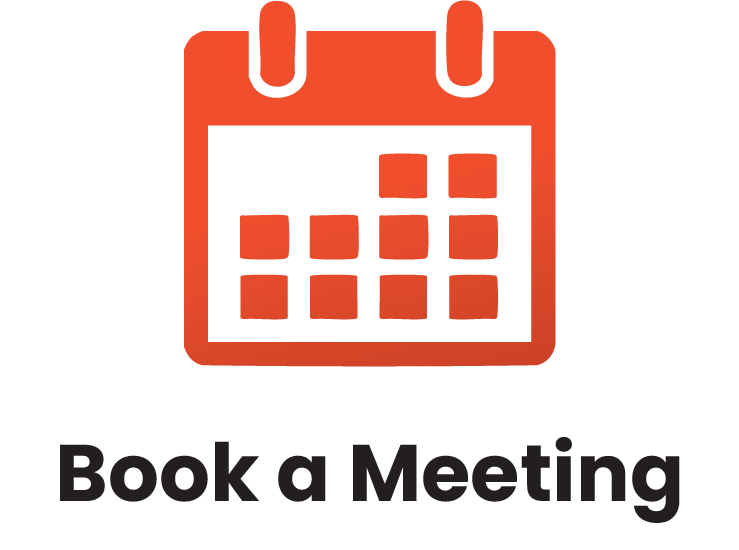
Survival Skills for the New Trainer
Few people choose training and development while they are still in school, and yet there are talented and knowledgeable trainers working in every industry. Some individuals become trainers because they are passionate about sharing their knowledge and about helping people. Others become trainers because their employer asks them to get involved in mentoring, training, or coaching new or existing employees. Trainers also get started when they want to make some changes to their daily activities, but wish to continue contributing to a particular organization or industry.
If you are thinking about becoming a trainer, or have started doing some training already and want to know more about what will help you to become an excellent trainer, this workshop will help. This one-day workshop is designed as an exploration of the essential skills that trainers need to develop, and to get you started in the learning process in an interactive and fun environment.
Interactive training sessions led by experienced facilitators.
There is no cost to explore options.
Let's Get Started
Online Learning
Enjoy our self-paced option and learn from anywhere!
$199.00 USD
LEARNING OBJECTIVES
Learning Objectives
This one-day workshop will teach participants:
- The essential background for trainers to have
- How being genuine enhances training
- The elements of good questions
- How to apply listening skills
- Rapport building strategies
- The key skills in a trainer’s toolbox
- How to identify skill areas for development
Let's Get Started


COURSE OUTLINE
What Makes a Good Trainer?
To start the day, we will discuss some key background material, including principles of adult learning and what the word “trainer” means.
Personal Best, Professional Best
Next, participants will learn how to create a professional image.
Being Genuine
During this session, participants will explore what being genuine means.
Assertiveness Skills
Participants will explore the differences between passive, aggressive, manipulative, and assertive behavior. They will also consider why assertive behavior is important for a trainer.
Asking the Right Questions
This session will focus on open questions, closed questions, and probing. Participants will also have an opportunity to practice these skills in an exercise.
Listening
Participants will identify their listening strengths and weaknesses through a quick quiz. We will also discuss some ways that participants can improve their listening skills.
Connecting With People
During this session, we will look at ways to build rapport and how to use facilitative training. Participants will then evaluate themselves to see what skills they need to build in these areas.
Defusing Difficult Participants
Next, we will look at some potential problem situations and ways to defuse them before they start.
Essentials for Success
We will ask participants to complete a checklist of what attributes they feel makes a good trainer. This will also help participants identify areas for further training.
Do’s and Don’ts for New Trainers
To wrap up the learning points, participants will discuss a checklist of do’s and don’ts.















